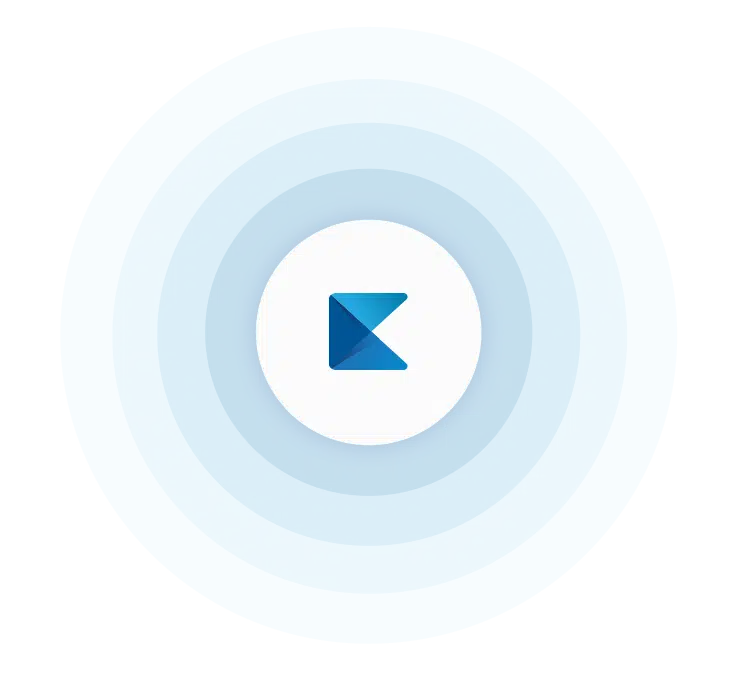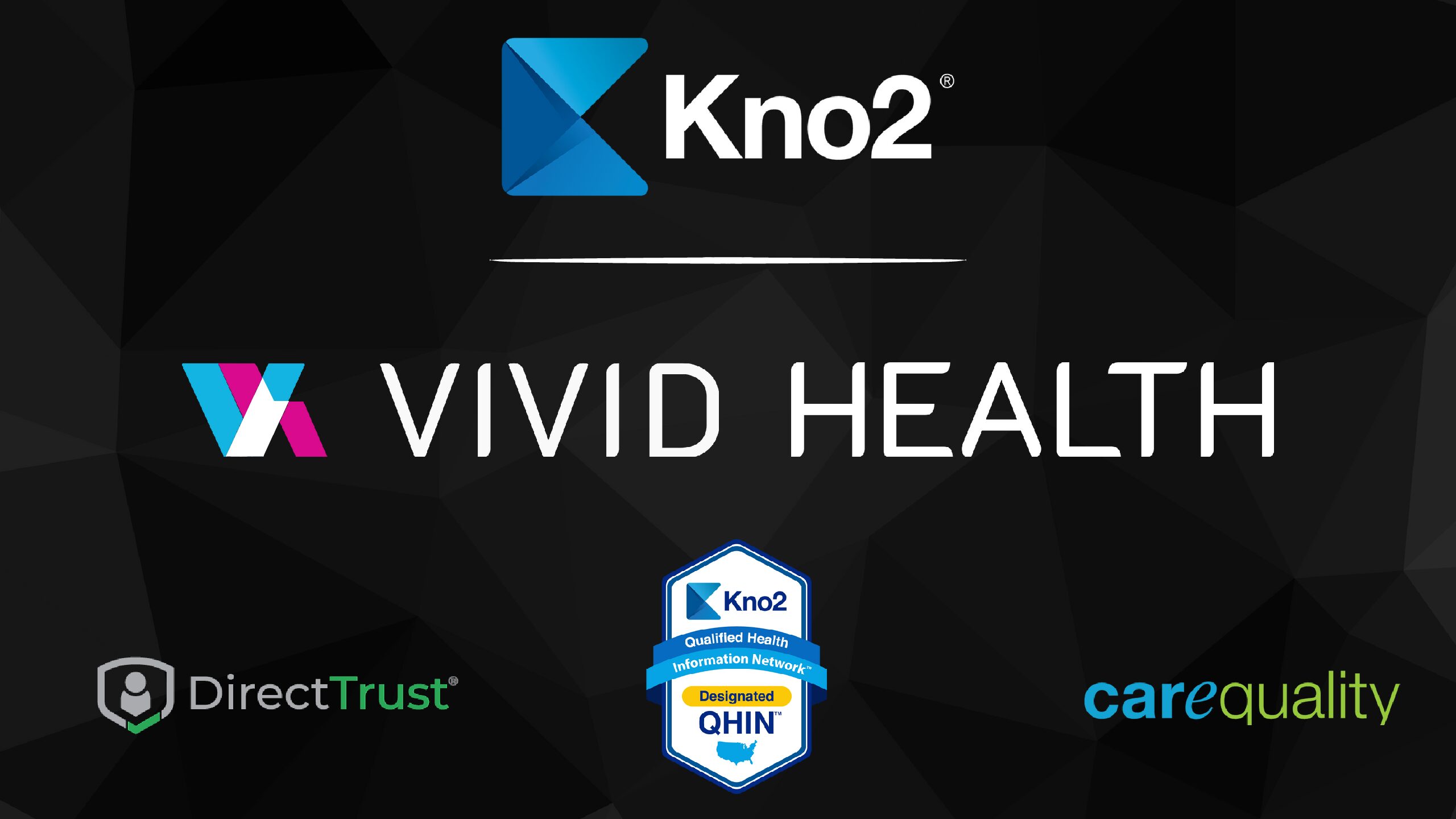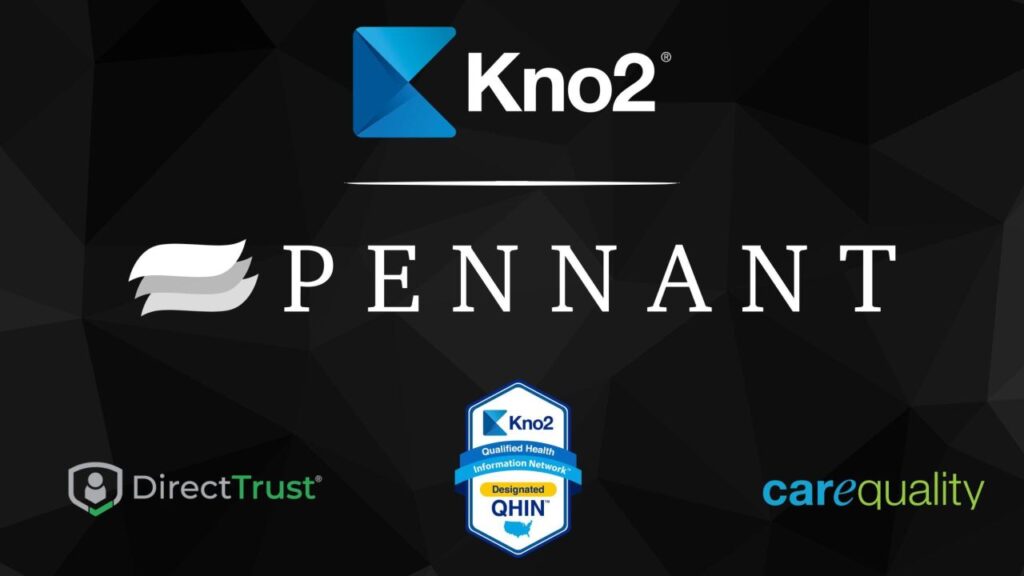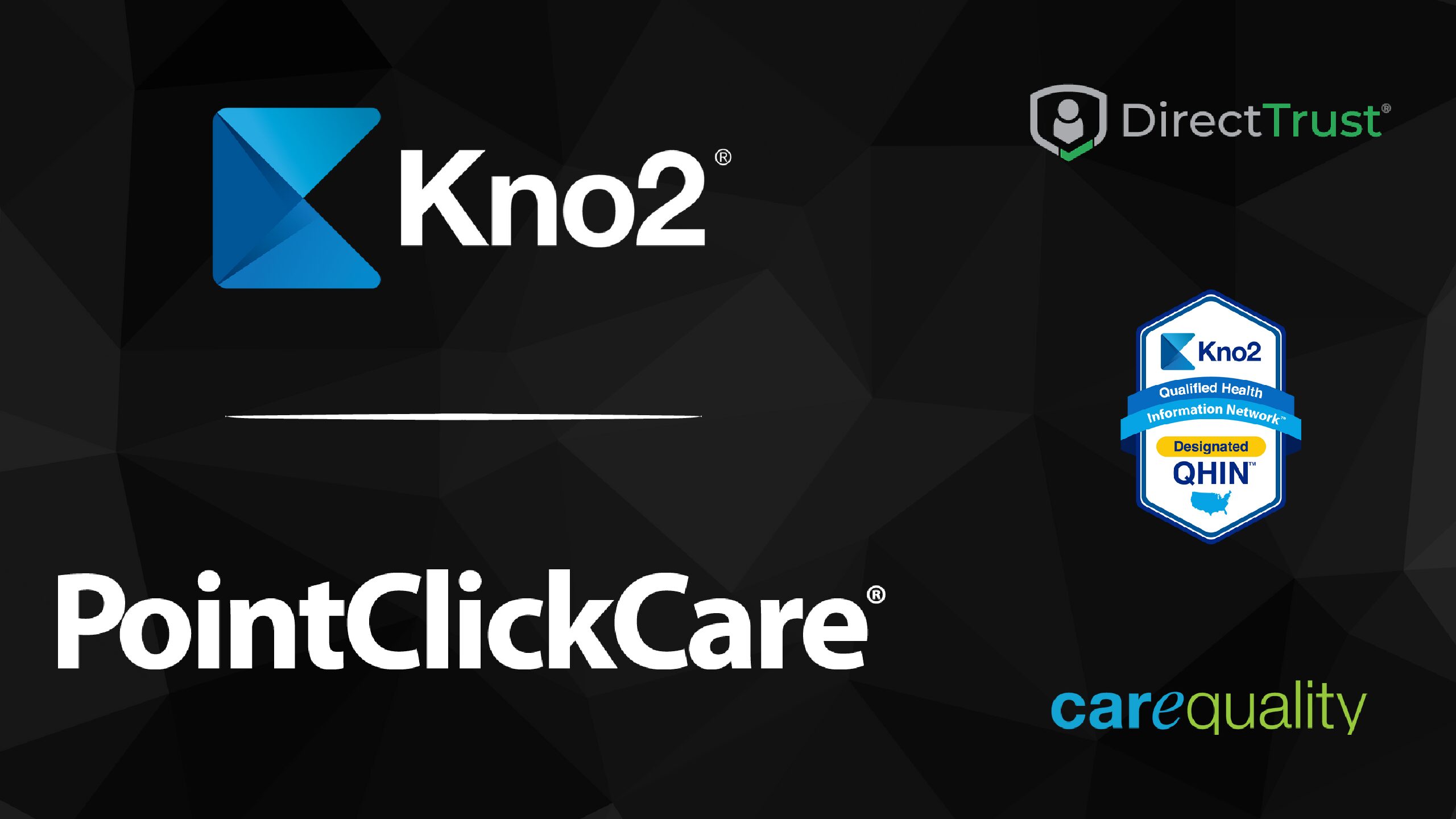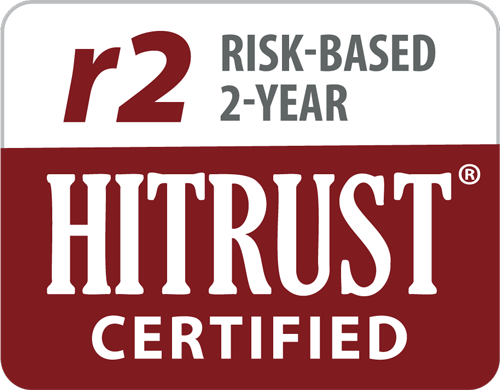We are less than two weeks away from the information blocking compliance date given in the 21st Century Cures Act Final Rule from the Office of the National Coordinator for Health Information Technology (ONC). While there have been several articles published about the high-level definition of information blocking and the necessary exceptions to the rule itself (including my own), few have tackled the topic of certification.
Providers! Yes, this applies to you. Don’t think that you can skip this one just because certification is something that vendors do.
There are two main questions that I will explore around certification, and the implications on two categories of actors:
- As a Health IT Developer do you need to get certified?
- As a Provider do you need to move to a certified EHR?
Information Blocking applies to three categories of “actors”, two of which are most applicable to the topic of EHR Certification.
The first category is Health IT Developers of certified health IT. Notice that the actor is the developer of certified health IT, not the certified health IT itself. This means that if you are a developer with multiple independent products, as long as any one of those products is certified, you are a Health IT Developer of certified health IT and are liable for Information Blocking across all of your products, even the non-certified ones.
So, are developers better off not getting certified in the first place, to avoid Information Blocking requirements?
Not quite…
Because, the second applicable category of actor is Health Care Providers. This is a long, complicated definition, that itself points to other long, complicated definitions; in short, if you are involved in the care of patients—whether you consider yourself a “provider” or not—this definition likely includes you.
Unlike the developer definition that is contingent on certification, the definition for Health Care Providers does not have any limitations. If you meet the definition, then you are an “actor” in Information Blocking, whether you use a certified EHR or not.
Related Articles
- Information Blocking: The Carrots and Sticks to Achieving Interoperability – Kno2
- Information Blocking: For Every Rule There is an Exception – Kno2
As a provider, if your EHR system is also an actor, but is unable to exchange electronic health information (EHI) in a required manner, then claims of Information Blocking would likely be against your EHR system for not meeting its requirements as an actor, and protecting you from those claims.
However, if your EHR system is not an actor, and is unable to exchange EHI, then that EHR vendor (or developer of Health IT) is not liable for Information Blocking, and any claims would be against the Health Care Provider directly—your choice to use an uncertified EHR without exchange capabilities may be the cause of your information blocking.
So, are providers better off moving to a certified EHR in order to have the protection under information blocking of their EHR system being an actor?
Maybe…
Is your head spinning yet?
There are legitimate reasons for EHRs to remain uncertified. Many serve providers outside of the traditional acute and ambulatory space. Those providers were not required to use certified systems, and those systems have previously had no reason to pursue certification.
Certification is expensive, time consuming, and for many EHRs there are requirements of certification that do not apply to the providers they serve, meaning that certification may require “throw-away” development, done solely for the purpose of certification, but never used by providers.
However, certification is really nothing more than a stamp of approval given to an EHR. A non-certified EHR can still have all of the same functionality—particularly for exchange, access, and use of EHI—without being certified.
While a Health Care Provider may feel more comfortable using a certified EHR in order to have that additional coverage from claims of information blocking, an uncertified EHR could still support all necessary forms of access, exchange, and use of EHI, in order for their Health Care Provider customers to satisfy information blocking requirements without the need to move to a certified EHR.
EHR vendors will still need to be cognizant of these requirements and the concerns of their customers, even more so for uncertified EHR vendors. Your customers may prefer the additional security of having a certified system to protect themselves from some claims of information blocking. Even though certification is not “required” for information blocking compliance, vendors of uncertified systems may want to evaluate the costs of EHR certification, even if solely for the purpose of checking a box to instill confidence for your customers.
We are also beginning to see some states require long-term care facilities and others use certified EHRs. From discussions I’ve been part of, I don’t believe that ONC expected that to happen. For some Health IT developers, this may force your decision, as long-term care facilities will be required by their state to move to another EHR system, if their current vendor does not achieve certification.
Considerations and Implications
Unfortunately, I do not have all of the answers, but I hope to provide some useful education to ensure that both uncertified Health IT Developers and Health Care Providers are considering the implications of EHR certification against the requirements of information blocking.
Health Care Providers:
- Is your EHR vendor included in the actor category “Health IT Developer of Certified Health IT”?
- Does your EHR vendor support required forms of exchange to satisfy information blocking requirements, whether or not they are “certified”?
- Common exchange methods to confirm are Direct messaging, Carequality connectivity, and FHIR
Health IT Developers with no certified products:
- Do you support required forms of exchange to ensure your customers can satisfy information blocking requirements?
- Do you have customer communication and education around your functionality for access, exchange, and use of EHI?
- Do you have customers in a state where providers who are not included in federal programs requiring the use of certified EHRs are now being required by their state to use a certified EHR?
Whether you are a Health Care Provider who needs additional exchange functionality not available through your EHR (or maybe you don’t even have an EHR), or you are a Health IT Developer—certified or not—that needs simple access to multiple forms of exchange—potentially even for the purpose of achieving certification—Kno2 can help.
Kno2 is a purpose-driven company who have set out to connect all participants, human or technology, involved with patient care to enable the secure, effortless, and maximized exchange of patient information. They are enabling interoperability at scale across every patient care setting. With their powerful but simple APIs, connectivity is established with millions of healthcare providers and the capability to send, receive, find and use patient information with everyone. Kno2 is the nation’s largest healthcare network aggregator and leading provider of interoperability, allowing the platform to capture, exchange and structure documents from virtually any source, then determine the most interoperable format and method of document exchange.


